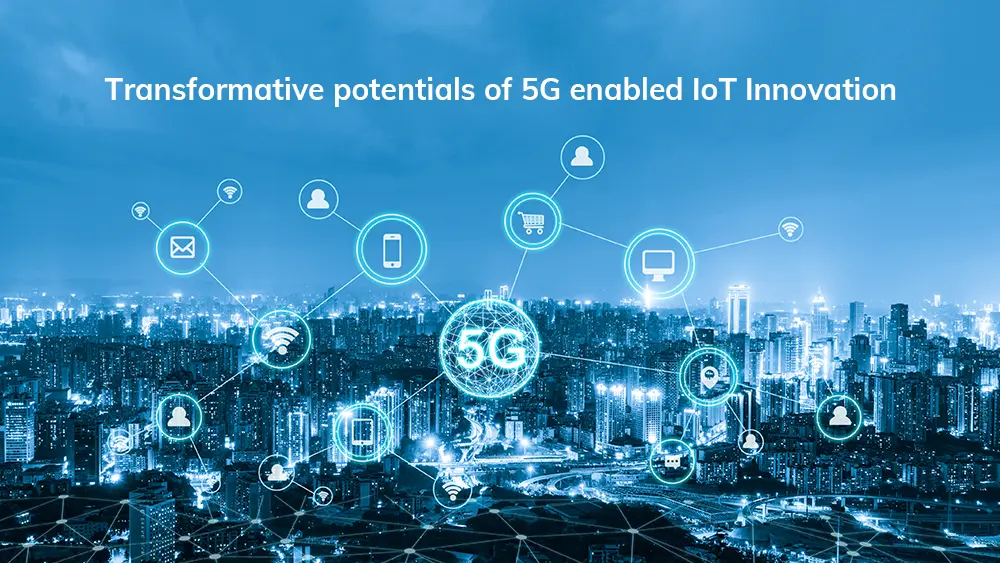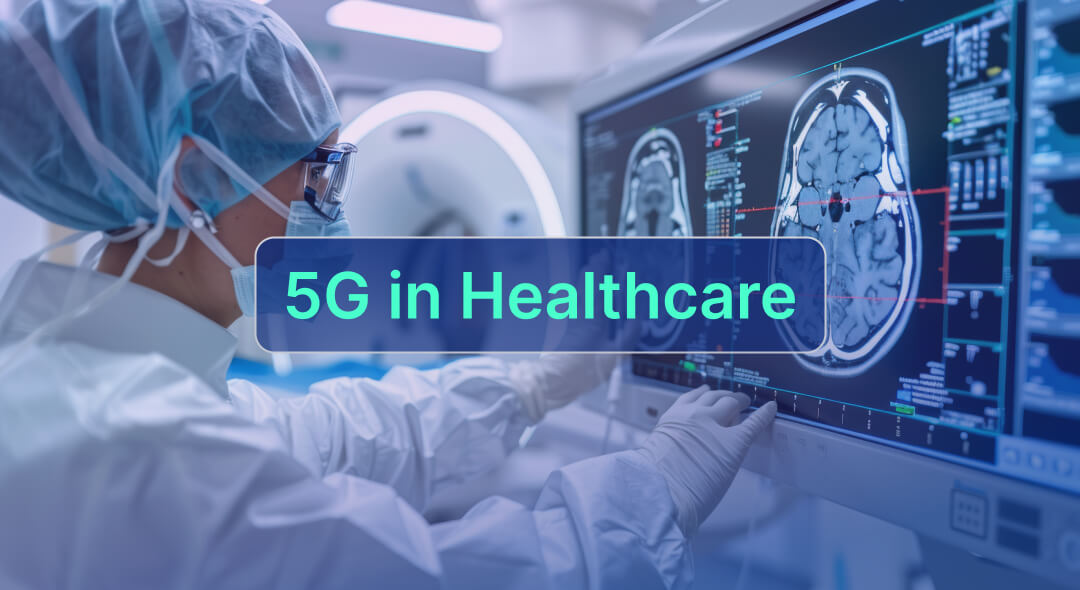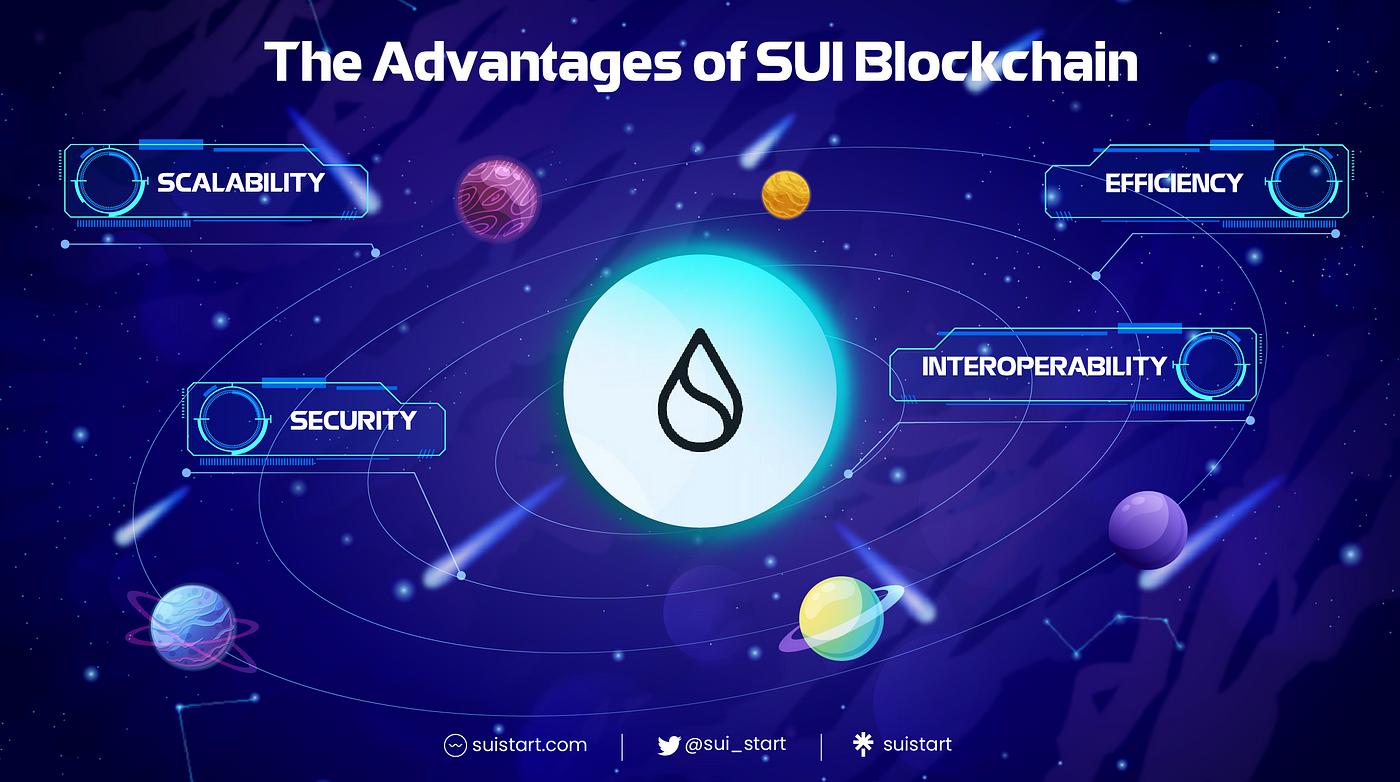The rollout of 5G technology is set to transform the way we interact with the digital world. With lightning-fast speeds, ultra-low latency, and enhanced connectivity, 5G promises to unlock the full potential of Internet of Things (IoT) devices. As more devices become connected, the need for faster and more reliable networks has never been greater, and 5G is poised to address these challenges. This technology will revolutionize smart homes, healthcare, transportation, and manufacturing, creating a more efficient and interconnected world.
In smart homes, 5G will enable seamless communication between devices, allowing users to control everything from lights and thermostats to security systems with minimal delay. In healthcare, 5G will improve telemedicine by providing real-time remote monitoring and consultations, ensuring better access to healthcare services. For industries like manufacturing, 5G can enable the creation of smart factories with real-time monitoring of machinery, predictive maintenance, and more efficient supply chains, leading to higher productivity and reduced costs.
However, the transition to 5G also brings challenges, such as the need for a more robust infrastructure and concerns about data privacy and security. As 5G networks expand, businesses and governments must ensure that IoT devices are secure from cyber threats and that sensitive data is protected. The benefits of 5G will undoubtedly reshape how we live and work, but careful planning and investment will be essential to fully realize its potential while mitigating risks.





